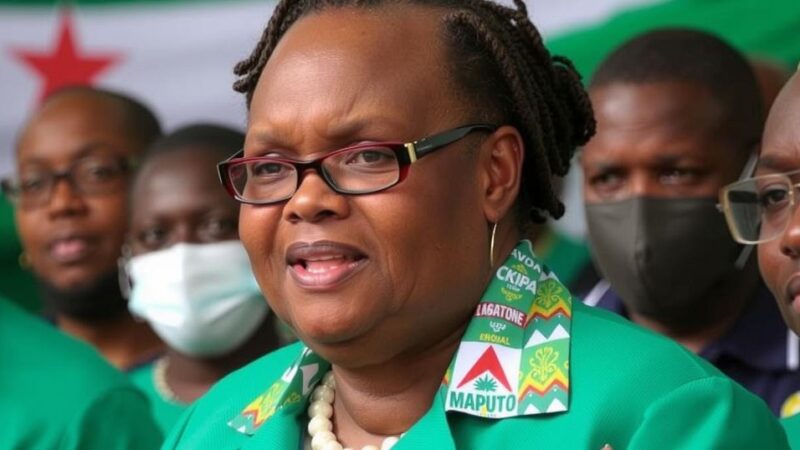A scandal involving the leak of numerous explicit videos of Equatorial Guinea’s civil servant Baltasar Ebang Engonga may serve as a strategic move in the ongoing political power struggle for succession amid President Teodoro Obiang Nguema’s tenure. Allegations of embezzlement against Mr. Engonga further complicate the political landscape, drawing attention to systemic corruption and the suppression of dissent within the country.
The recent leak of numerous intimate videos featuring Baltasar Ebang Engonga, a prominent civil servant in Equatorial Guinea, has sparked considerable discourse regarding its political implications. With estimates suggesting that between 150 to over 400 explicit videos have surfaced on social media, the scandal implicates various women, many of whom are connected to the country’s elite. Concurrently, Mr. Engonga is ensnared in allegations of embezzlement, where he purportedly misappropriated substantial state funds, leading to his detention in notorious Black Beach prison. The circumstances surrounding this scandal suggest a calculated political maneuver to undermine Mr. Engonga, who is viewed as a contender for the presidency following the long tenure of his uncle, President Teodoro Obiang Nguema. His arrest and the subsequent video leaks signal intense power struggles within the ruling elite. Activists speculate that the Vice-President, Teodoro Obiang Mangue, may be orchestrating a campaign to eliminate potential rivals by leveraging scandalous material to his advantage. Despite attempts by the government to stifle the dissemination of the clips, such efforts have proven largely ineffective, with public interest in the scandal escalating significantly. The Vice-President’s measures to enhance surveillance and curb misconduct reflect an urgent need to maintain control over the narrative while managing the fallout from this sensational scandal. Observers argue that this incident is symptomatic of deeper systemic issues within Equatorial Guinea, highlighting the pervasive corruption and political intrigue that characterize the nation’s governance.
Equatorial Guinea, a small Central African nation, has been under the rule of President Teodoro Obiang Nguema since 1979, making him the longest-serving president globally. While his administration oversaw an economic boom fueled by oil reserves, wealth distribution remains starkly unequal, with a significant portion of the 1.7 million populace living in poverty. The country has faced repeated criticism for its human rights abuses and lack of political freedom. Activists are routinely silenced, and political opposition is virtually non-existent, creating an environment where palace intrigue shapes much of the nation’s politics. The recent sex tape scandal involving a high-ranking government official has brought the attention of both citizens and international observers, reigniting discussions about corruption, governance, and power dynamics within the elite.
The leak of intimate videos featuring Baltasar Ebang Engonga not only exposes the personal lives of those implicated but also symbolizes the ongoing political machinations within Equatorial Guinea. As the Vice-President navigates the fallout from this scandal, it underscores the competitive nature of succession politics at a time when the nation grapples with significant socio-economic challenges. Ultimately, this incident sensationalizes an underlying reality characterized by a corrupt political framework, raising concerns over the future governance of Equatorial Guinea.
Original Source: www.bbc.com







